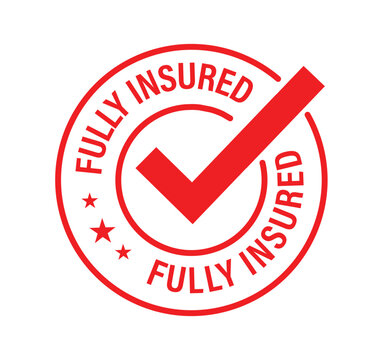Contents
Understanding the Importance of Small Business Health Insurance in PA
Attracting and Retaining Top Talent
In today’s competitive job market, offering health insurance benefits is a powerful tool for attracting and retaining skilled employees. A comprehensive health plan demonstrates a company’s commitment to its workforce’s well-being, fostering loyalty and engagement.
Boosting Employee Morale and Productivity
Access to quality healthcare empowers employees to prioritize their health, leading to increased morale and productivity. When employees know they have a safety net in case of illness or injury, they can focus on their work with peace of mind.
Compliance with State Regulations
Pennsylvania, like many states, has specific regulations regarding health insurance coverage for small businesses. Understanding and adhering to these regulations is essential to avoid penalties and ensure legal compliance.
Key Factors to Consider When Choosing Small Business Health Insurance in PA
Number of Employees
The size of your workforce plays a significant role in determining your eligibility for certain health insurance plans. In Pennsylvania, small businesses with up to 50 employees can access the Small Business Health Options Program (SHOP) marketplace.
Types of Plans Available
Health Maintenance Organizations (HMOs)
HMOs offer a network of healthcare providers and typically require referrals for specialist visits. They tend to be more cost-effective but offer less flexibility in choosing providers.
Preferred Provider Organizations (PPOs)
PPOs provide a broader network of providers and allow members to see specialists without referrals. While generally more expensive, they offer greater freedom of choice.
Exclusive Provider Organizations (EPOs)
EPOs combine features of HMOs and PPOs, offering a network of providers but requiring members to stay within the network for covered services.
High-Deductible Health Plans (HDHPs)
HDHPs have lower monthly premiums but higher deductibles, making them suitable for individuals who anticipate minimal healthcare needs. They can be paired with Health Savings Accounts (HSAs) for tax-advantaged savings.
Coverage Options
Essential Health Benefits
Under the Affordable Care Act (ACA), all small business health insurance PA plans must cover ten essential health benefits, including preventive care, hospitalization, prescription drugs, and mental health services.
Additional Coverage Options
Beyond the essential benefits, small business owners can choose to offer additional coverage options, such as dental, vision, and disability insurance.
Cost-Sharing
Premiums
Premiums are the monthly payments made to the insurance company for coverage.
Deductibles
Deductibles are the out-of-pocket expenses that individuals must pay before the insurance coverage kicks in.
Copayments and Coinsurance
Copayments are fixed amounts paid for specific services, while coinsurance is a percentage of the cost shared between the individual and the insurance company.
Maximum Out-of-Pocket Limits
This is the maximum amount an individual will have to pay out-of-pocket in a given year.
Tax Benefits and Credits
Small Business Health Care Tax Credit
Eligible small businesses can claim a tax credit of up to 50% of their health insurance premium contributions.
Health Savings Accounts (HSAs)
HSAs offer tax-advantaged savings for individuals enrolled in HDHPs. Contributions, earnings, and qualified withdrawals are tax-free.
Navigating the Small Business Health Options Program (SHOP) Marketplace in PA
Eligibility
Small businesses with up to 50 full-time equivalent employees are eligible to purchase health insurance through SHOP.
Plan Comparison and Enrollment
The SHOP marketplace allows businesses to compare plans from different insurers and enroll employees online.
Employer Contribution Requirements
Employers must contribute at least 50% of the employee’s premium cost to be eligible for the Small Business Health Care Tax Credit.
Open Enrollment Period
The annual open enrollment period for SHOP is typically from November 1st to December 15th.
Special Enrollment Periods
Qualifying events, such as the birth of a child or loss of other coverage, may trigger a special enrollment period outside the annual open enrollment period.
Tips for Choosing the Right Small Business Health Insurance in PA
Assess Your Employees’ Needs
Consider the demographics of your workforce and their healthcare needs when choosing a plan.
Compare Plans from Different Insurers
Obtain quotes from multiple insurers to compare coverage options and costs.
Consider Working with a Broker
A licensed insurance broker can help you navigate the complexities of small business health insurance PA and find the right plan for your business.
Review Your Plan Annually
Evaluate your plan’s performance and make adjustments as needed during the open enrollment period.
Conclusion
Choosing the right small business health insurance PA is a crucial decision that impacts both your employees’ well-being and your company’s success. By carefully considering the factors outlined in this article and seeking expert guidance when needed, you can navigate the complexities of the health insurance landscape and secure a plan that meets the needs of your workforce and your business. Remember, investing in your employees’ health is an investment in the future of your company.






